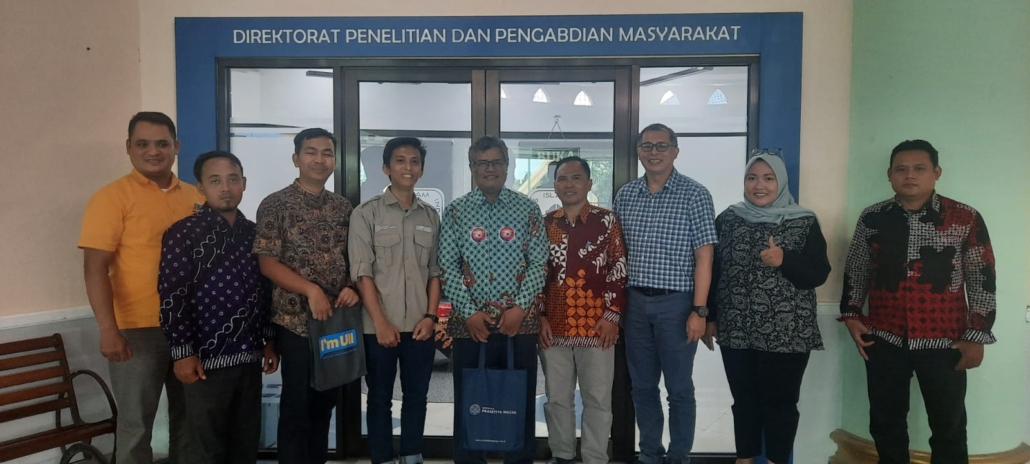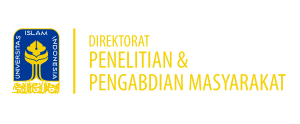
SLEMAN, – Working Visit from Universitas Prasetiya Mulya to DPPM Universitas Islam Indonesia, Sleman, D.I. Yogyakarta, Wednesday (10/05/2023)
The event began with a presentation on the main functions of DPPM Universitas Islam Indonesia by Mr. Eko Siswoyo, ST., M.Sc.ES., Ph.D., the Director of DPPM Universitas Islam Indonesia. He emphasized that all activities based on Research, Community Service, and KKN (Student Community Service) have been systematically implemented, facilitating the entire process from registration to the required outputs.
“One of the outputs required in KKN activities, for example, is a village profile. This profile includes various aspects, starting from village potential, village documentation, and even long-term development plans for the partner village’s potential, which will be developed and followed up in a sustainable collaboration between the partner village and DPPM Universitas Islam Indonesia, both in terms of community service and research,” emphasized Mr. Eko Siswoyo, ST., M.Sc.ES., Ph.D.
At the same venue, Dr. Adrian Teja, CFA, CIPM, Vice Dean for Human Resources, Administration, and Operations at Universitas Prasetiya Mulya, further explained the purpose of their visit to DPPM Universitas Islam Indonesia.
“Based on our experience during the accreditation process, we encountered difficulties in answering questions and providing evidence to assessors regarding the social impact of our KKN activities, because we did not yet have a scheme related to outputs and follow-up actions in a sustainable collaboration process between the partner village and us at Universitas Prasetiya Mulya, as has been done by DPPM Universitas Islam Indonesia with its partner villages, according to Mr. Eko Siswoyo’s previous presentation,” he explained.
On this occasion, Mr. Eko Siswoyo, ST., M.Sc.ES., Ph.D., Director of DPPM Universitas Islam Indonesia, accompanied by Dr. Raden Edi Fitriyanto, M.Gizi., Head of the KKN Center, provided advice on the importance of documentation in terms of outputs and follow-up actions in a sustainable collaboration process with partner villages, as this will be one of the crucial aspects for the accreditation process. (text editor Panca SW.)
